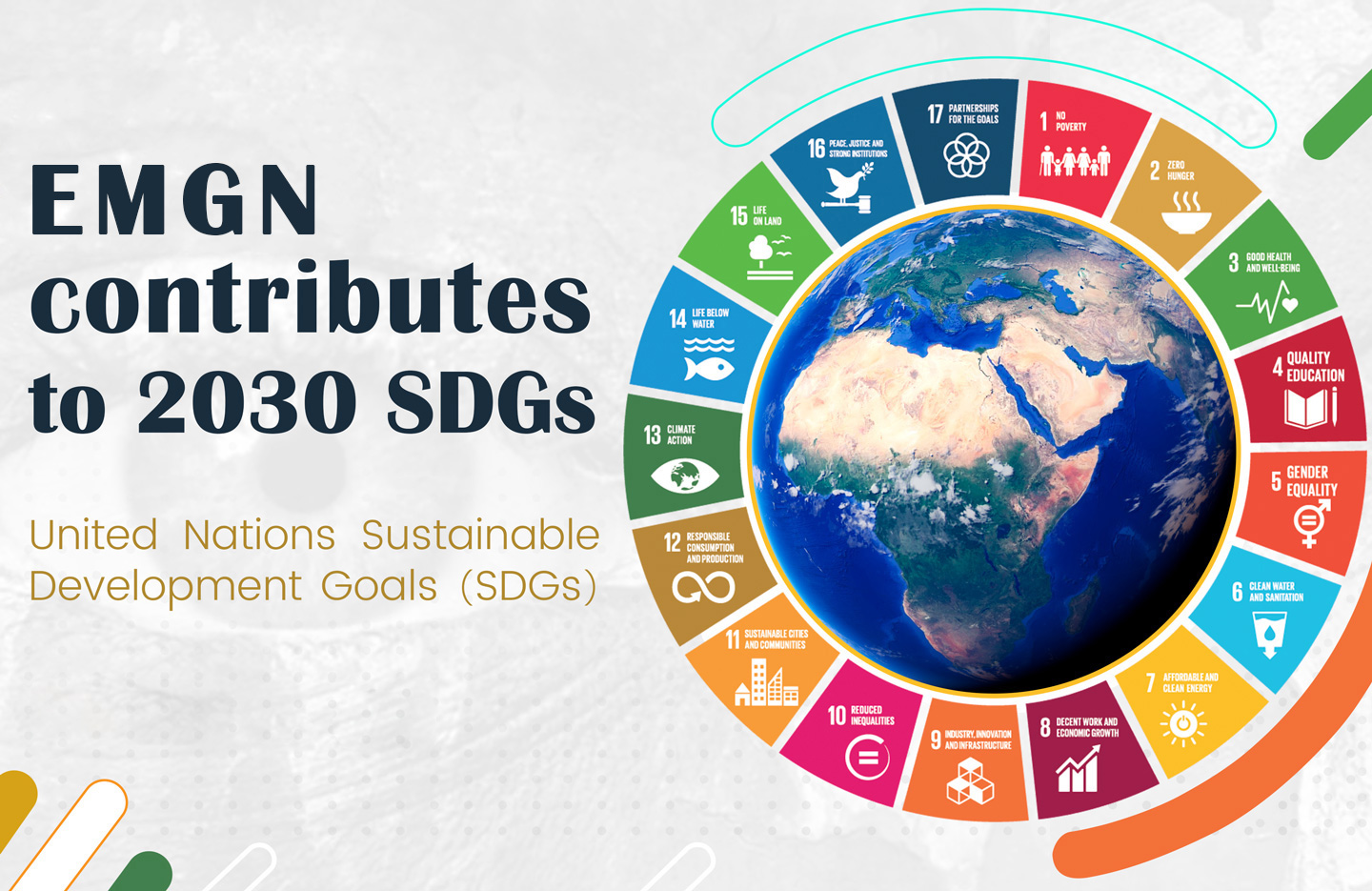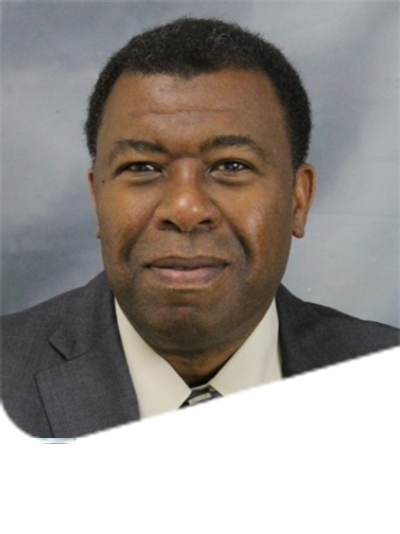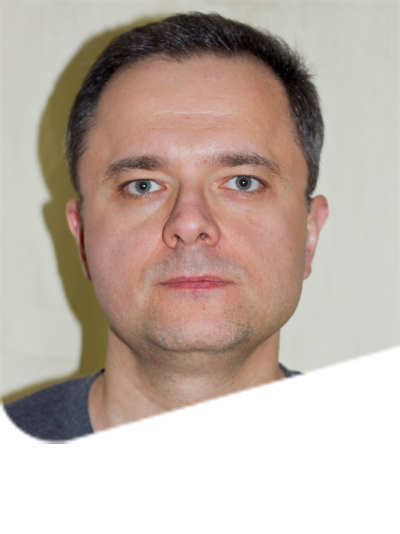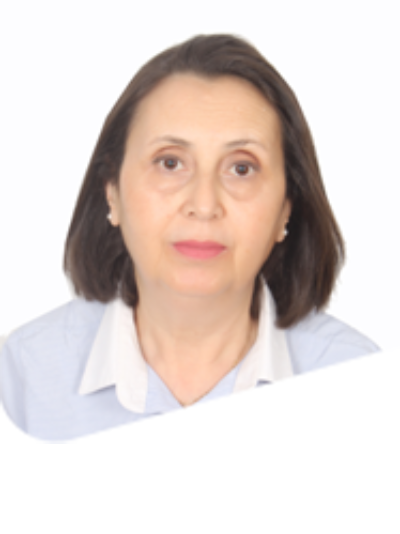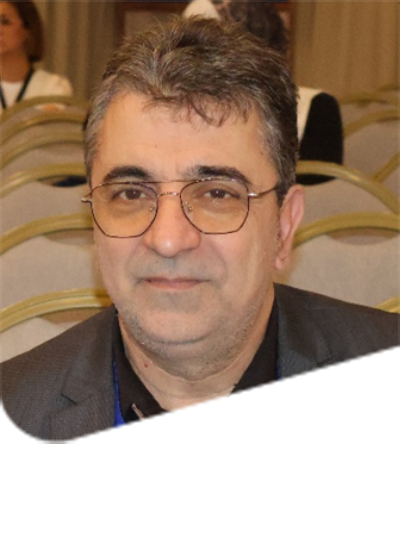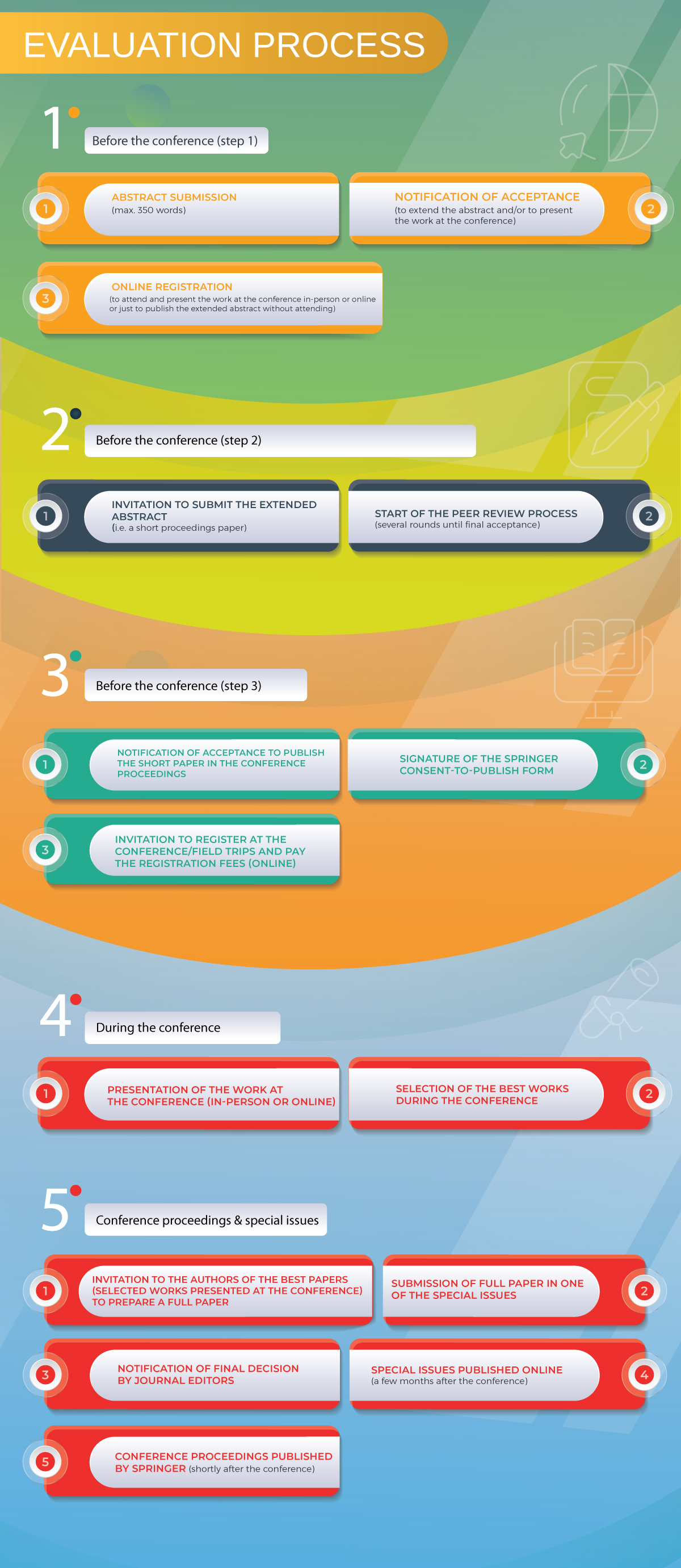Click each section below to learn more about the conference Author Guidelines:
Useful information
- Your abstract should not exceed 350 words in total and should summarize concisely a new research study or a review of previously published research to draw new conclusions on a topic.
- After acceptance of your abstract and invitation to extend it (optional not obligatory, i.e. you only need to extend your abstract if you wish to publish your work in the conference proceedings), your conference paper (extended abstract) should be at least 2500 words long (max. 4000 words) and include at least four citations from recent research (published within the last five years). The total number of references should be at least ten and no more than twenty. Self-cites should not exceed two citations to previously published works by the same authors. Your proceedings paper will be peer reviewed after it has been checked for plagiarism using iThenticate software. If a plagiarism content is observed by the conference proceedings editors (see Publications and Scientific Committee), you will be asked to rewrite and resubmit it. If the resubmitted version is still more than 20% plagiarized, it will be rejected.
- We suggest taking this Course on Plagiarism to acquire useful skills in preventing plagiarism. This course, consisting of four modules, is free and offers a thorough introduction to the topic.
- To process your conference paper (extended abstract) on time and to ease the reviewer's tasks, we recommend you use free editing services such as Grammarly. That way, the reviewers could concentrate on the science, not editing typos. This will also help us to publish the proceeding books much faster.
- After peer review and if the conference paper is accepted by the editors, you will be asked to revise and correct it. After resubmission of the revised version, the editors will re-check the paper for quality and plagiarism and, if accepted, the corresponding author will be requested to sign Springer’s Consent-to-Publish form, prerequisite for publication in the conference proceedings. Please note that there may be more than one round of peer review (see Important Dates).
- After evaluating all presentations during the conference and taking into account the comments of the reviewers and editors during the pre-conference evaluation process, the authors of the best papers will be invited after the conference to submit an extended version (8000 to 12000 words) of their conference papers for publication in a special issue of one of our partner journals (see Publications). Publishing your short paper in the conference proceedings does not prevent you from submitting the full version of the same work to one of our partner journals after the conference.
- Your proceedings (short) paper must be improved based on the conference review process and on the discussion at the conference. At least 60% of the material in the journal paper (full version) should be new and the exposition improved. In general, conference papers are based on preliminary results which are open for discussion. However, journal articles should contain finished research results with an in-depth discussion and clear conclusions.
- Authors of short papers accepted for publication in the proceedings and who do not plan to attend the conference or present online will not be invited to submit to the special issues.
- It will be possible to present accepted studies online without attending the conference in person. Authors can now submit their abstract and decide later whether they want to attend and present to the audience directly or simply present online. More details on the “online presentation” feature will be provided after notification of acceptances (see Important Dates).
How to prepare your abstract (max. 350 words)
- Abstracts (max. 350 words) should be covered by one or more of the Conference Tracks.
- Please note the strict deadline for submissions (see Important Dates).
- The abstract should be written in English and prepared using the EMGN Abstract Template.
- Figures and tables are not acceptable in the abstract.
- All abstracts will be evaluated by the Track Chairs and members of the Technical Committee.
- Authors of accepted abstracts will present their studies orally in-person or virtually (during a PPT presentation of 12 min, followed by a 3-min Q&A).
- Templates for the PPT presentations will be sent to the authors after notification of acceptance (see Important Dates).
- At least one author of each accepted abstract must register before the registration deadline to warrant inclusion in the final conference program (for more details, see Registration).
- Authors of accepted abstracts will also be invited to prepare a short paper (extended abstract) for publication in the conference proceedings by Springer (in ASTI series, indexed in Scopus). However, this publication step is optional.
- Your accepted short paper may be published in the conference proceedings by Springer without having to attend and/or present at the conference in-person or online (see Registration).
- It is not necessary to extend your accepted abstract (for publication in the conference proceedings by Springer) to be able to attend and present your work at the conference.
- You do not need to publish in the conference proceedings but you do need to attend and present your work (in person or online) at the conference to be considered for publication in one of our planned special issues.
- For the conference schedule, please see Important Dates.
How to prepare your conference paper (i.e. extended abstract)
- Conference papers should be covered by one or more of Conference Tracks.
- Please note the strict deadline for submissions of short conference papers (see Important Dates).
- The paper should be written in English and prepared using the EMGN Short Paper Template.
- Figures and tables should be embedded and not supplied separately.
- All papers will undergo a peer-review process by Track Chairs and members of the Technical Committee.
- For notification of acceptance, please see Important Dates.
How to submit your abstract and your short conference paper
- Firstly, a short abstract (max. 350 words) should be submitted online (using Performer submission system) to assess the quality of your work using the EMGN Abstract Template.
- If accepted, you will be invited to extend your abstract, but this is optional and it is not a prerequisite for presenting your work (summarized in the abstract) at EMGN-25.
- To submit your abstract, please click here on “Submit” or on the “Submit” button on Home.
- After registration on the Performer system, you will receive an email with a link to validate your registration and create your account.
- You can then submit your abstract as follows:
- Insert the title of your study in the "Title" section.
- Insert the full abstract in the "Abstract" section (max. 350 words).
- Select the major topic of your study (see Conference Tracks).
- Upload your Abstract (Word file).
- Press the "Submit" button at the end of the form.
- After acceptance of your abstract, you will be invited to submit (optional) an extended version of your abstract using the EMGN Short Paper Template.
- If you accept our invitation, follow the same procedure to submit your proceedings paper (extended abstract) by uploading the Word file.
- If you decide not to accept our invitation, click on “decline to publish an extended abstract in the proceedings” to exclude yourself from receiving further details relating to the submission and publication of an extended abstract.
- After acceptance of your short paper, the corresponding author should sign the Springer's Consent-to-Publish form to authorize publication in the conference proceedings (see Important Dates).
